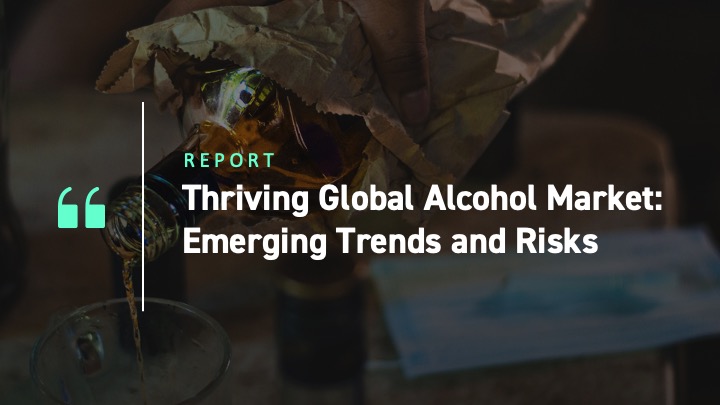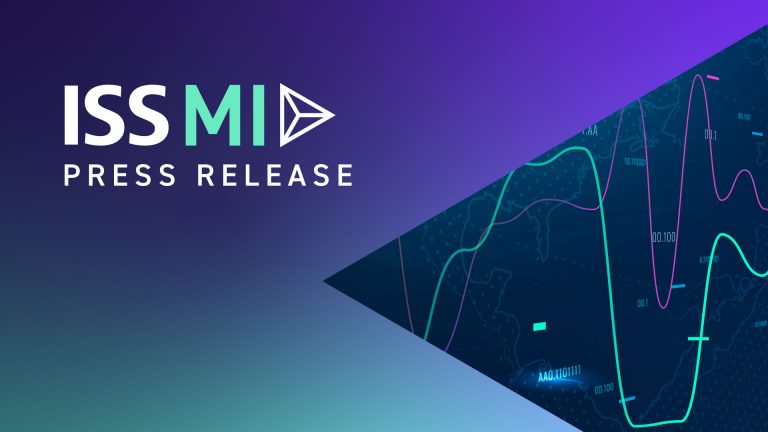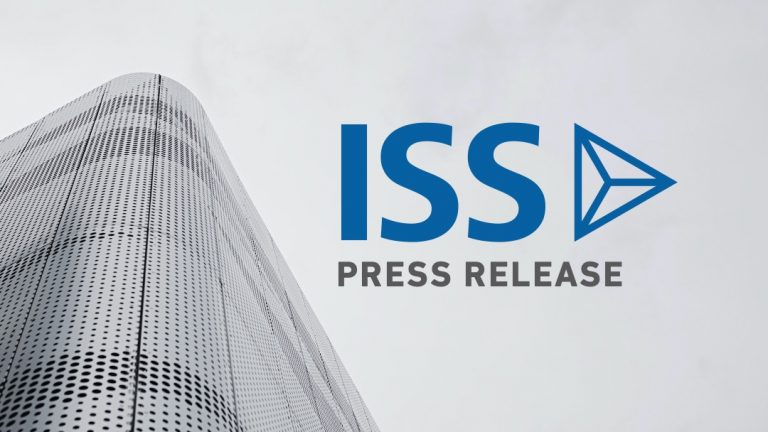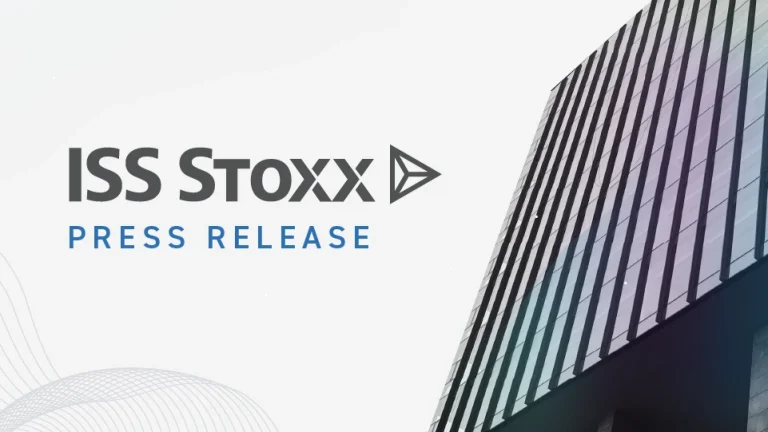Below is an excerpt from ISS ESG’s Thought Leadership paper Thriving Global Alcohol Market: Emerging Trends and Risks. The full paper is available for download from the Institutional Shareholder Services (ISS) online library.
KEY TAKEAWAYS
- Despite the health risks associated with alcohol consumption, the total volume of alcoholic beverages consumed worldwide grew by about 3% in 2021, after a 6% reduction in the previous year. The global alcoholic beverages market is expected to continue growing at a compound annual growth rate (CAGR) of more than 1%.
- The alcoholic beverages industry has demonstrated resilience: despite global market-related disruption, alcohol sales have accelerated. Distillers and vintners have experienced stronger sales recoveries compared to brewers.
- In many global markets, the COVID-19 pandemic enhanced the impact and growth of key industry drivers, such as the development of e-commerce, premiumisation, and a surge in sales of make-at-home cocktail ingredients, as well as no- and low-alcohol products.
- During Covid-19, heavy drinkers in the United Kingdom increased their alcohol consumption, while Japan observed a decline in alcohol consumption. To promote alcohol consumption, the Japanese government launched a nationwide competition that invited youngsters to come up with ideas to encourage liquor consumption.
- Alcohol companies score negatively on ISS ESG’s SDG Solutions Assessment due to their potential to prevent realization of the “Combating hunger and malnutrition” and “Ensuring health” elements relevant to the UN-backed initiative.
- The core business of alcohol companies raises a range of potential Environmental, Social, and Governance (ESG) risks for investors, in areas including reputational risks, regulatory intervention, legal action, and environmental impact.
Alcohol use is a leading risk factor for death and disability globally. The World Health Organisation (WHO) reports that harmful alcohol use contributes to 3 million deaths every year. Among people 20–39 years old, approximately 13.5% of total deaths are attributable to alcohol. Harmful alcohol use also brings social and economic losses to individuals and society. Some academics go so far as to suggest that there is no safe level of alcohol consumption.
In 2010, the World Health Assembly endorsed the Global Alcohol Strategy. Alcohol is also specifically mentioned under the United Nations’ Sustainable Development Goals (SDGs) health target: “Strengthen the prevention and treatment of substance use, including narcotic drug abuse and harmful use of alcohol.”
SDG Solutions Assessment Classification of Products/Services’ Impacts on Sustainability Objectives

Source: ISS ESG
Despite these efforts, IWSR Drinks Market Analysis reports that the global value of alcoholic beverages grew by 12% in 2021 to reach $1.17 trillion, making up for COVID-19-driven value losses of 4% in 2020. Total alcoholic beverage consumption volume reportedly grew by about 3% in 2021, after losses of more than 6% the year prior. The global alcoholic beverages market is expected to grow at a compound annual growth rate (CAGR) of more than 1.5% over the next few years.
Explore ISS ESG solutions mentioned in this report:
- Use ISS ESG Sector-Based Screening to assess companies’ involvement in a wide range of products and services such as alcohol, animal welfare, cannabis, for-profit correctional facilities, gambling, pornography, tobacco and more.
- Understand the impacts of your investments and how they support the UN Sustainable Development Goals with the ISS ESG SDG Solutions Assessment and SDG Impact Rating.
- Understand the F in ESGF using the ISS EVA solution.
By: Pratik Akash, Analyst, ISS ESG
Israt Jahan, Junior Analyst, ISS ESG
Vishwam Naik, Junior Analyst, ISS EVA




